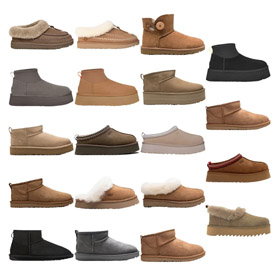In-Depth Exploration of Replica Sneakers: Legal Risks and Compliance Analysis
The replica sneaker market has grown significantly in recent years, fueled by high demand for luxury and limited-edition footwear at accessible prices. However, the legal implications of buying, selling, or trading replica sneakers
Replica sneakers are imitation versions of branded footwear, often modeling designs from major brands like Nike, Adidas, or Jordan without official authorization. While some replicas are marketed as exact copies, others are variations "inspired" by popular models—raising legal questions under trademark and copyright laws. A well-structured replica sneakers spreadsheet
To mitigate risks when purchasing replicas: “The line between homage and theft lies in the execution. Consumers should recognize when replicas cross into counterfeit territory.” — Fashion Law Review Some platforms now use algorithmic detection
Understanding Replica Sneakers
Legal Framework and Risk Categories
Analyzing Data with a Replica Sneakers Spreadsheet
Case/Law
Jurisdiction
Outcome
Key Takeaway
Nike vs. ST replicas (2021)
United States
Seller fined $2.6M
Trademark misuse in sole design
EU Digital Services Act
European Union
Platform liability
Marketplaces must proactively monitor fakes
Consumer Guidance: Navigating Compliance
Case Study: DHgate’s Anti-Counterfeit AI
Final Considerations:
```



















